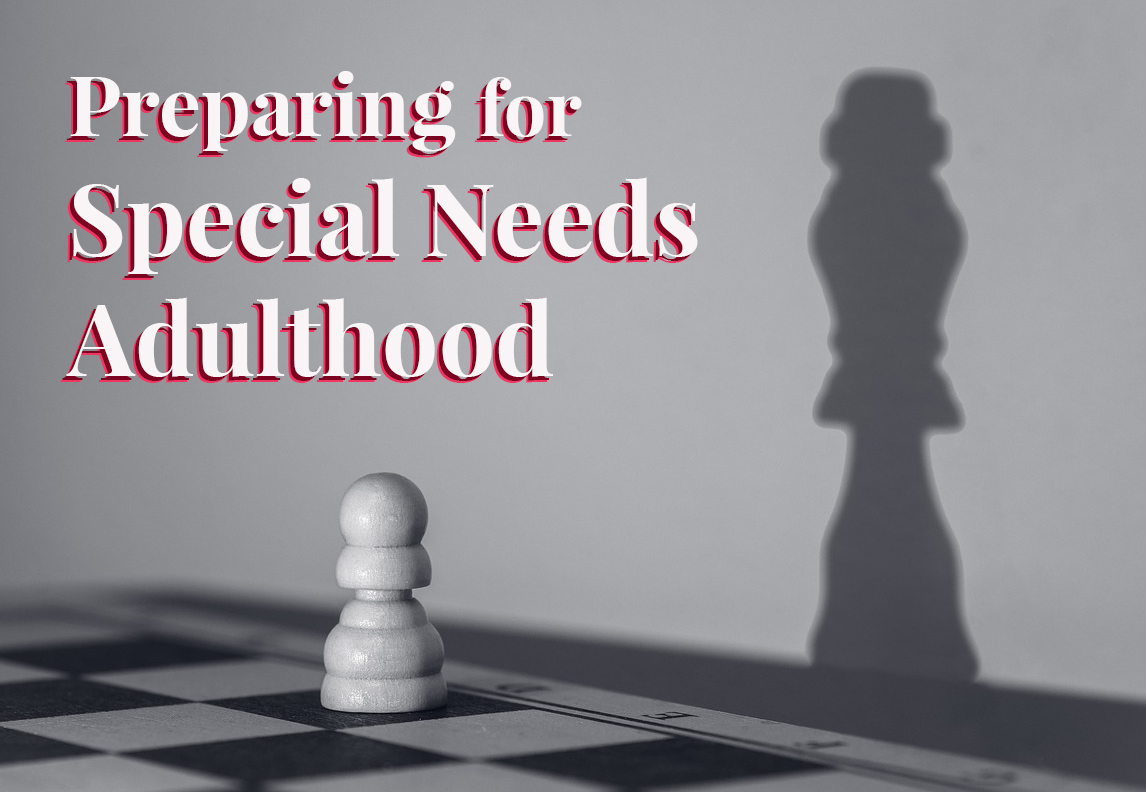Determining Where to Start as Your Child with Special Needs Nears Adulthood

Determining Where to Start as Your Child with Special Needs Nears Adulthood
Determining where to start as your child with special needs nears adulthood is no easy task. There are legal matters to address such as special needs trusts and guardianship, advocacy strategies to pass on to kids, and many more. The list is full of important things to address. Because your child’s eighteenth birthday is not yet imminent, they may be ignored.
You know what I’m talking about, right?
I’d like to give you a hand in determining where to start as your child with special needs nears adulthood. So today I’m sharing three—count ’em—just three ideas. Whether your child is five or fifteen or somewhere in-between, completing these three steps can help you jumpstart the process.
#1: Obtain Hard Copies of Your Child’s Medical Records
Electronic medical records are a great invention. They can also be very hard to access when hospitals and clinics update their computer systems. Who knows what will be in place when your child reaches adulthood? It’s wise to obtain paper copies by contacting the practices of the doctors and therapists who treat your child. They can tell you how their process works and what costs may be involved. Most likely you will be sent an electronic file to download and print out. If your child’s medical history is complex and ongoing, you may want to request records every year or two to update your paper files.
#2: Write Down Your Memories of Your Child’s Medical History
Do you like what you see at DifferentDream.com? You can receive more great content by subscribing to the monthly Different Dream newsletter and signing up for the daily RSS feed delivered to your email.
By Jolene
Jolene Philo is the author of the Different Dream series for parents of kids with special needs. She speaks at parenting and special needs conferences around the country. She’s also the creator and host of the Different Dream website. Sharing Love Abundantly With Special Needs Families: The 5 Love Languages® for Parents Raising Children with Disabilities, which she co-authored with Dr. Gary Chapman, was released in August of 2019 and is available at local bookstores, their bookstore website, and at Amazon. The first book in her cozy mystery series, See Jane Run!, features people with disabilities and will be released in June of 2022.
Subscribe for Updates from Jolene
Related Posts
Tips for Raising Kids with Disabilities and Special Needs, Part 2
Heather Johnson’s tips for raising kids with disabilities and special needs can help you let go and trust God with your child’s life.
Tips for Raising Kids with Disabilities and Special Needs, Part 1
Heather Johnson shares 3 tips for raising kids with disabilities and special needs learned after leaving a safari and landing in a pandemic.
Day by Day Caregiving
The pandemic destroyed the routines that help kids with special needs thrive. Day by day caregiving is the only strategy left.






0 Comments